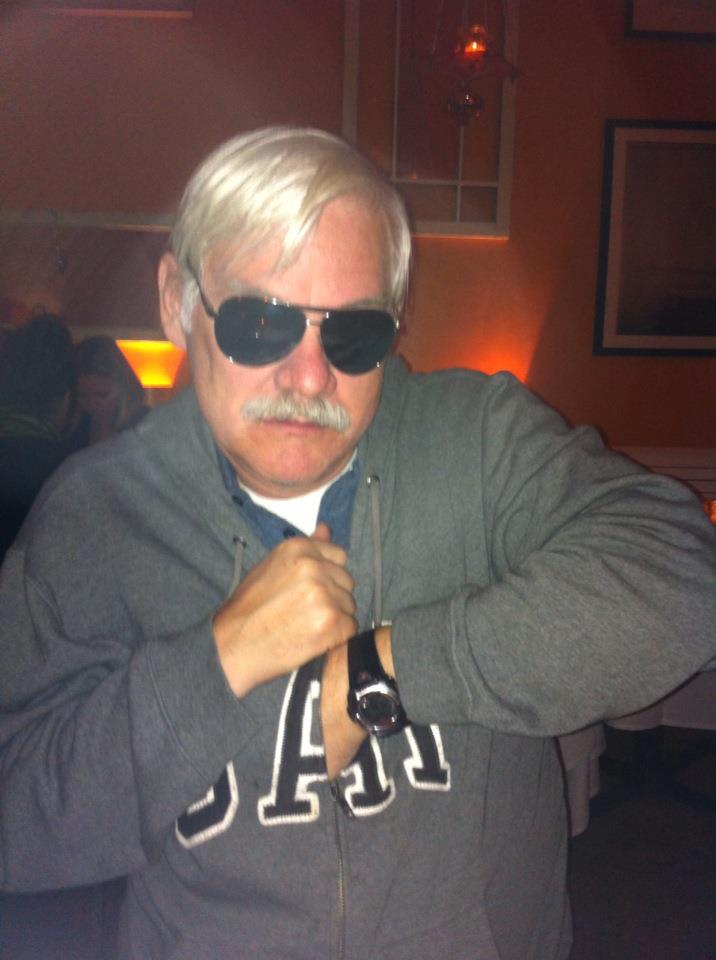Che Guevara was also very inspired by the plight of the Vietnamese. Even though he never lived to see the final outcome, and the unification of a free Vietnam under one leader and one banner, El Che had already come to the conclusion that no other ending was possible. The writing on the wall was more than obvious for him, and he spoke often of the need for the Third World to stand up to the boot heel of imperialism. He is oft quoted as saying, "How close we could look into a bright future should two, three or many Vietnams flourish throughout the world."
But El Che was not one to sit around and wait for conditions to create themselves. After his international tours and his prolonged stay and assistance to several African nations, El Che returned to Cuba for the last time in July, 1966. He met with President Castro and his wife and children for the last time. His desire to begin the revolt in Bolivia, along with his frail and worsening physical condition from asthma, meant that he could no longer wait for others who had been sent before him to Bolivia to finish their tasks.
Famed French journalist, RÃ �gis Debray, had been deployed to Bolivia earlier in order to create and provide all the logistical maps, journalistic contacts, and political leads that he could. When El Che finally arrived conditions were far from ideal, but he was a seasoned tactician and a proven leader and there was no doubt that he had full awareness of his surroundings and his intentions.
Nevertheless, friction soon developed between him and others in the camp. By December, 1966, President Castro demanded the return to Cuba of one of the other leaders, Mario Monje, head of the Bolivian Communist Party as well as his second-in-command, Jorge Kolle. The rift had widened between them and El Che to such an extent that it jeopardized the entire operation.
But even that did not stop the eventual downfall of the mission and the death of El Che. By October, 1967, El Che and his group had been betrayed by someone in the camp. The CIA-led Bolivian military have found their encampment and are on to his whereabouts. On the day he was captured he wrote in his diary, "We are preceded by Radio Bemba (a Latino term which means "the grapevine" in English). By noon of that day they reached an empty village, a sure sign that they were being tracked.
Soon after, they were attacked by the Bolivian army. Several of his men were immediately killed, and the rest were driven back to the El Yuro creek. At that point, he was wounded in the foot and another bullet hit his rifle completely disabling it. President Castro is convinced that El Che would never have allowed himself to be captured, preferring suicide over it, and the only reason he didn't kill himself was the fact that his rifle was rendered useless.
He was immediately taken to the nearby town of La Higuera. The following day, October 9, 1967, he was cold-bloodedly executed. As President Castro puts it, "I'm certain he never flinched, never trembled once, because when he was faced with a situation of danger was when he stood tallest."
(Note: You can view every article as one long page if you sign up as an Advocate Member, or higher).





